-
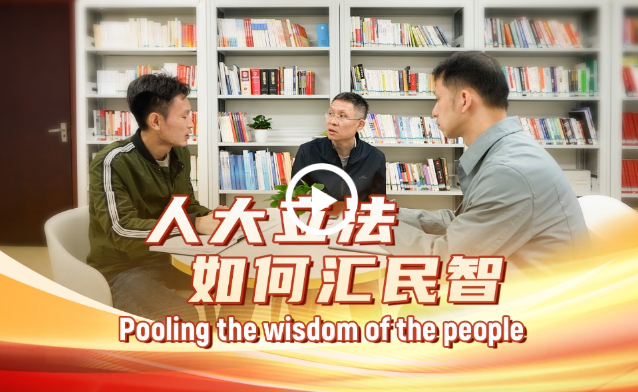
70 years on: Pooling the wisdom of the people
December 18, 2024In November, Guo Shun and his colleagues visited ports and terminals in Nansha district of Guangzhou, Guangdong province, to solicit suggestions on revising the Maritime Law.
-
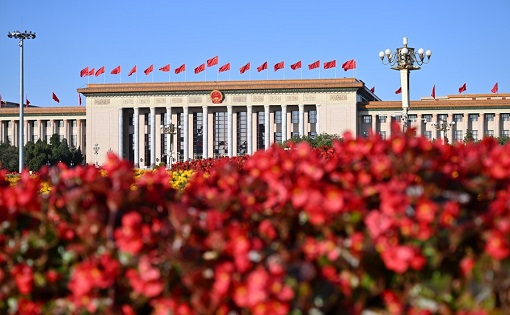
Outreach offices give people a say in nation-building process
December 27, 2024By amplifying public engagement in lawmaking, Guo said, China is showing its commitment to refining governance and fostering a more inclusive democracy.
-
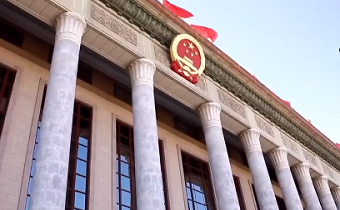
China: Democracy that works
March 12, 2024The two sessions offer the world an important window to observe China's democracy.
-
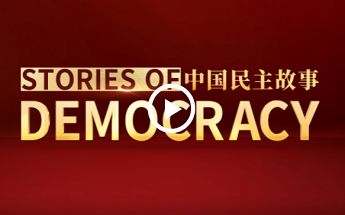
Stories of democracy
March 10, 2024Whole-process people's democracy ensures that the people run the country and drives China to continue progressing.
-
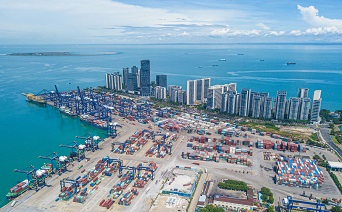
Hainan empowers legislators to vote on livelihood projects
January 29, 2024Legislators in China's Southernmost province of Hainan on Saturday gathered to vote on government projects concerning people's wellbeing, an embodiment of the country's efforts in promoting whole-process people's democracy.
-
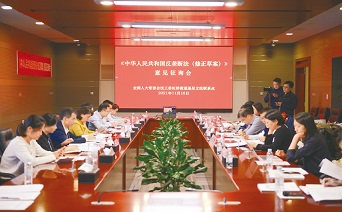
LLOO: A Vivid Example of Whole-Process People's Democracy in China
July 11, 2022At the Central Conference on the Work of People's Congresses held in Beijing on October 13-14, 2021, President Xi Jinping delivered a speech in which he explained the main ideas of whole-process people's democracy and the defining features of contemporary Chinese democracy.
-
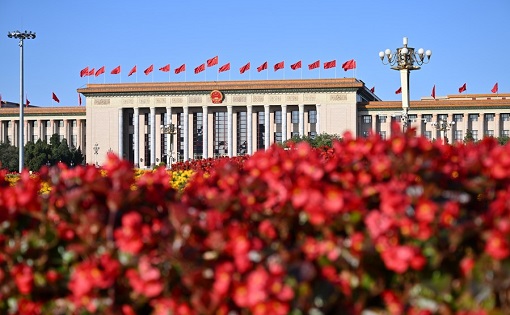
Legislative outreach offices highlight China's whole-process people's democracy
September 15, 2024The establishment of local legislative outreach offices across the country was first proposed at the Fourth Plenary Session of the 18th Central Committee of the Communist Party of China in 2014.
-
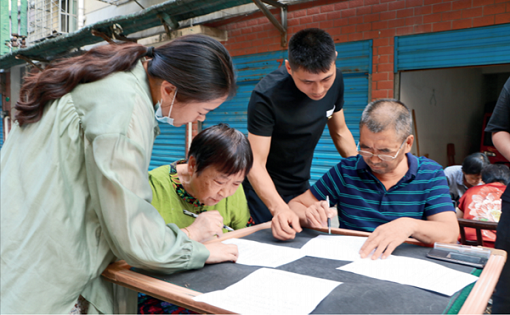
Make every voice heard -- Whole-process democracy brings tangible results
January 06, 2022From revolutionary times to the founding of New China in 1949, the CPC has led the nation in exploring and developing a model of democracy that suits China's conditions, with the people as "masters of the country."
links
京ICP备13028878号-11



